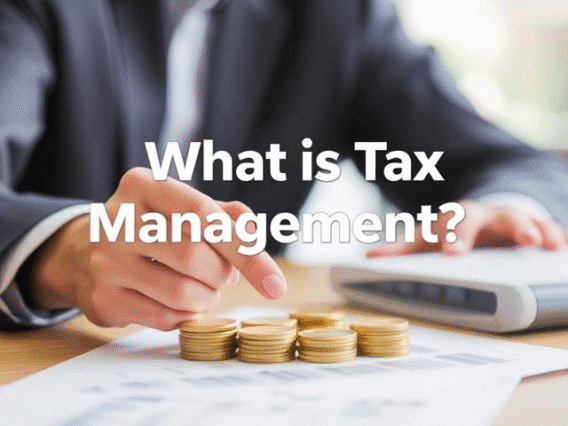Learn about the organising definition and importance of effective management and discover practical tips for enhancing your organizational skills. Organizing plays a crucial role in maximizing productivity, optimizing efficiency, and promoting smooth workflow within an organization.
Find out how to define clear objectives, break down tasks, delegate responsibilities, establish clear communication channels, create an organizational structure, utilize technology and tools, and regularly review and adjust your organizational processes. Enhance your organizational skills and create a well-structured environment that fosters success and growth.
Organizing is an essential aspect of effective management that involves arranging resources, tasks, and people in a structured and coordinated manner to achieve specific goals. It plays a crucial role in maximizing productivity, optimizing efficiency, and promoting smooth workflow within an organization. In this blog post, we will delve into the definition of organizing and provide practical tips for effective organization and management.
What is Organising Definition and Guide?
Organising Definition It can be defined as the process of structuring and arranging various elements within an organization to achieve desired outcomes. It involves identifying and grouping tasks, allocating resources, establishing relationships, and defining roles and responsibilities. The goal of organizing is to create an efficient and effective system that enables individuals and teams to work together harmoniously towards common objectives.
Protect your business from cyber threats with the best antivirus for business.
The Importance of Organising
Effective organization is crucial for several reasons:
- Optimized Productivity: By organizing tasks and resources, you can streamline workflows, eliminate redundancies, and ensure that each person knows their responsibilities. This leads to increased productivity and output.
- Improved Efficiency: Organizing helps identify bottlenecks and inefficiencies in processes, allowing for their elimination or improvement. It enables you to allocate resources effectively, reducing waste and unnecessary costs.
- Enhanced Communication and Collaboration: Proper organization facilitates clear communication channels, promotes collaboration, and fosters teamwork. It ensures that everyone is on the same page and working towards shared goals.
- Reduced Stress: When tasks and responsibilities are well-organized, individuals experience less stress and confusion. They know what is expected of them and can focus on their work without unnecessary distractions.
Practical Tips for Effective Organization
Now that we understand the importance of organizing, let’s explore some practical tips to enhance your organizational skills:
1. Define Clear Objectives
Start by clearly defining your goals and objectives. This will provide a clear direction for organizing tasks, resources, and people towards achieving those goals.
2. Break Down Tasks
Break down complex projects or tasks into smaller, manageable subtasks. This allows for better planning, delegation, and tracking of progress.
3. Delegate Responsibilities
Assign tasks to individuals based on their strengths, skills, and expertise. Effective delegation not only distributes workload but also empowers team members and fosters their professional growth.
4. Establish Clear Communication Channels
Ensure that communication flows smoothly within your organization. Establish clear channels for sharing information, feedback, and updates. Utilize tools and technologies that facilitate effective communication.
5. Create an Organizational Structure
Develop an organizational structure that defines roles, responsibilities, and reporting hierarchies. This helps in establishing clarity, accountability, and efficient decision-making processes.
6. Utilize Technology and Tools
Take advantage of technology and organizational tools that can streamline processes, automate repetitive tasks, and improve overall efficiency. Project management software, collaboration platforms, and task management tools can significantly enhance your organizational capabilities.
7. Regularly Review and Adjust
Organizational needs and dynamics change over time. Regularly review your organizational structure, processes, and workflows to identify areas for improvement. Be open to making necessary adjustments to adapt to evolving circumstances.
Conclusion
Organizing is a fundamental aspect of effective management that enables organizations to achieve their goals efficiently and productively. By following the practical tips outlined in this blog post, organising definition, you can enhance your organizational skills and create a well-structured environment that fosters success and growth.















6 Comments